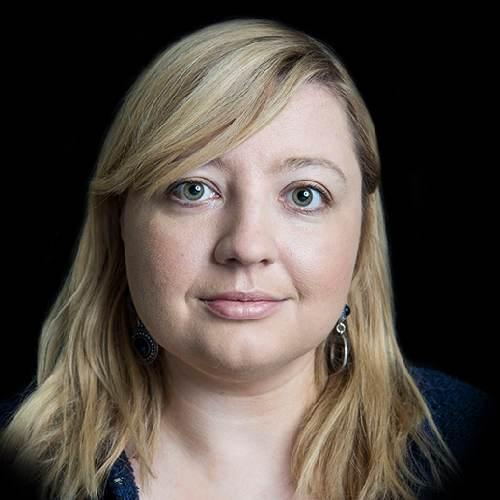We are delighted to share the news that SWPS University has secured funding for two research proposals submitted to the PRELUDIUM BIS 4 funding scheme, hosted by the National Science Centre. Professor Miroslaw Filiciak and Professor Paulina Pustulka, both esteemed members of our faculty, secured the first position in their respective categories.
Noteworthy achievements of SWPS University researchers
Our university proudly boasts two successful entries in the prestigious PRELUDIUM BIS 4 funding scheme:
- Professor Miroslaw Filiciak from the Institute of Humanities, secured the first position in the Culture and cultural production panel for his project titled "Polish BBs: archaeology of early social media (1996-2004)" and has been awarded a grant of PLN 413,510 (EUR 92 566).
- Professor Paula Pustulka from the Institute of Social Sciences, triumphed in the Human nature and human society panel with her project titled "Intergenerational Relations In Migrants’ Transitions-to-Adulthood. Polish families with young adult children in Germany and Norway (IRIMTA)" and has been awarded a grant of PLN 662,745 (EUR 148 402).
The research within these projects will be carried out by doctoral students selected in a competition.
In this year's PRELUDIUM BIS funding opportunity, a total of 248 researchers vied for funding. The National Science Center has committed over PLN 34.7M (close to EUR 7.8M) in grants to support 58 projects.
Review the PRELUDIUM BIS 4 results
Polish Bulletin Board Systems: Archaeology of Early Social Media (1996-2004)
Professor Miroslaw Filiciak's project seeks to document the practices of a diverse array of Bulletin Board Systems (BBS) communities that operated in Poland. This extensive investigation spans from their inception in 1986, through their peak in the mid-1990s, to the early 21st century when the advent of broadband Internet services marked the end of the Polish BBS era.

Mirosław Filiciak
Ph.D. / Associate Professor
Media researcher. Director of the SWPS University’s Institute of Humanities. Media expert interested in the relationship between new media and cultural participation. His research interests include the Internet, computer games, transformation of television, contemporary culture, and informal distribution of information. He collaborates with numerous public cultural institutions, businesses and NGOs. He is also the co-creator of Kultura 2.0 [Culture 2.0], a project devoted to cultural transformations in the digital era as well as Medialab, the first Polish initiative combining social activism, art and technology. He was the principal investigator on numerous research projects. He has written several books and serves as the Deputy Editor of Kultura Popularna [Popular Culture], a peer-reviewed academic quarterly journal. At SWPS University, he teaches classes in new media, pop culture, and audiovisual culture.
Intergenerational Relations In Migrants’ Transitions-to-Adulthood. Polish Families with Young Adult Children in Germany and Norway
Professor Paula Pustułka's research aims to analyze relationships within Polish families residing in Germany and Norway, with a particular focus on intergenerational dynamics. This study delves into the experiences of children of Polish migrants who relocated to these countries during their early childhood, following Poland's accession to the European Union. The research investigates how migration influenced their transition into adulthood, comparing it to both the Polish and the host society's models of transitioning to adulthood.

Paula Pustułka
Ph.D. / Associate Professor
Is a sociologist and serves as Head of SWPS University’s Youth Research Center. She carries out interdisciplinary research on youth and generations. Apart from her interest in family and gender studies, for over a decade, she has been examining various aspects of international migration. Her methodological specialization includes Qualitative Longitudinal Research (QLR), mixed-methods, and social research ethics. She was a researcher in several research projects, including several projects funded by the National Science Centre. She has been a visiting researcher at the University of Leeds, University of College London, OsloMet, Sapir College, and Karlstad University. She published numerous articles in scientific journals.
About PRELUDIUM BIS
The PRELUDIUM BIS is a funding opportunity launched by the National Science Centre. It aims to support the education of doctoral students and fund research projects carried out as part of their dissertations. Each research team comprises two key members: the supervisor, who serves as the principal investigator, and the doctoral student. The funds can be utilized for various purposes, including research activities, doctoral fellowships, and the supervisor's remuneration.